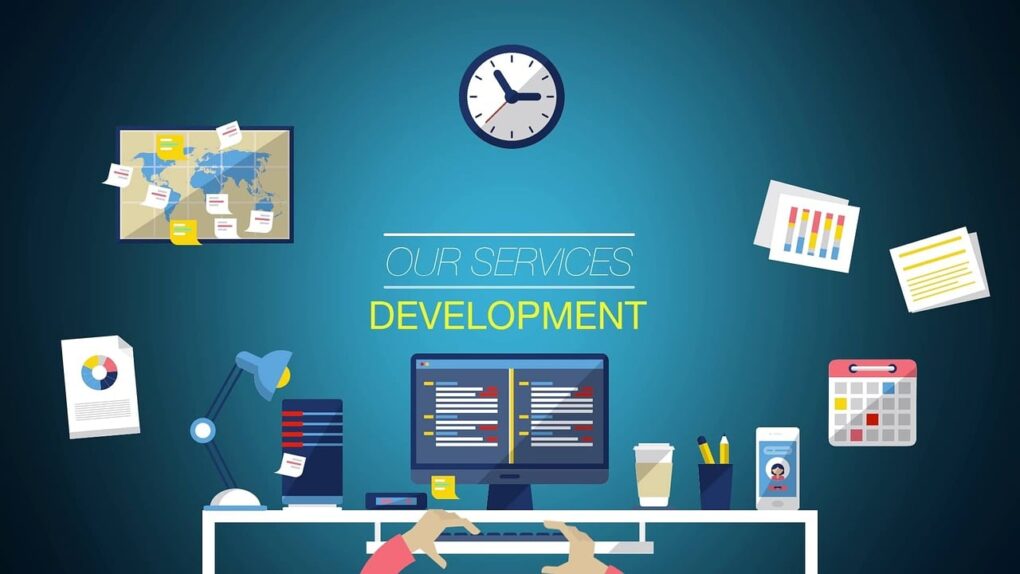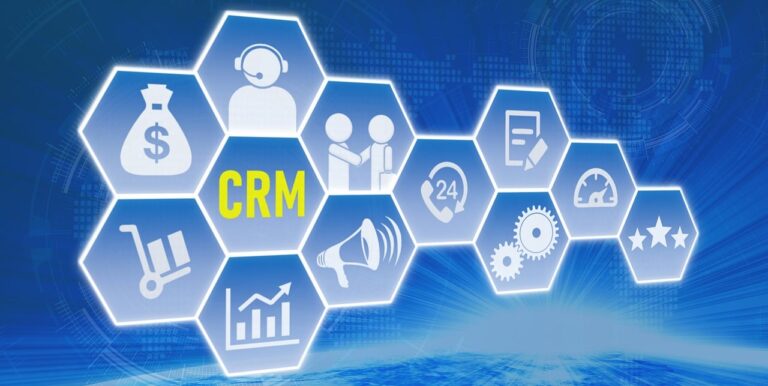Are you a business owner? And wants to know how to maintain your flow of income? Do you see the need to master how to maintain your relationship with your customers? Then you need to master how customer relationship management works.
Businesses use CRM as a strategy to analyze their interactions with customers and potential customers. And hence, a CRM developer is a developer who designs apps or sites that help business owners monitor and manage customer interactions. As issues that demand CRM solutions continue to grow, the responsibility of CRM developers is becoming even more important.
In this article, we will talk solely about CRM developers, their role in businesses, their responsibilities, skills and their career prospects. Because enterprises now adopt CRM software and use it to streamline sales processes and improve the satisfaction of their customers.
Roles of CRM Developers

CRM developers are responsible for designing, developing, and using CRM solutions for organizations. They work with business analysts, sales teams and marketing departments to be able to interpret what the company needs at every point. Working hard to understand the requirements of the organization and develop customized CRM solutions that meet those needs. The responsibilities of CRM developers include:
1. Analyzing Business Requirements
They work in collaboration with business analysts and company stakeholders to discover the specific needs of the organization. And they identify the key business processes, how to further the company, data requirements and user interface requirements.
2. Designing CRM Solutions
Note that CRM developers create a detailed design document that shows how the architecture, data model, user interface, and integration points work.
3. Developing CRM Systems
CRM developers use a variety of programming languages, like:
- Java
- .NET
- PHP.
They use these languages in order to build the CRM system.
4. Testing CRM Systems
After developing the CRM systems, they are also responsible for testing the CRM system thoroughly to ensure that it meets the requirements. They also use User Acceptance Testing (UAT) to ensure that the system meets the standard from the users’ end.
5. Deploying CRM Systems
CRM developers deploy it in the production environment. And they also ensure that it is properly configured and performing at its best at all times.
6. Maintaining CRM Systems
After development, CRM developers conduct any continuous maintenance and support for the CRM system, including bug fixes, patches and upgrades.
Popular CRM Developers
Here is a list of some already-established CRM developers.
1. Salesforce
Salesforce is one of the most popular CRM platforms, and it has a broad community that is focused on the development of CRMs. It is a good option for CRM developers due to the extensive range of tools and resources available. Developers use Salesforce to customize and integrate tools like:
- Salesforce AppExchange
- Trailhead
- Salesforce Developer Documentation.
2. Microsoft Dynamics
Microsoft Dynamics is another known CRM platform, known for its familiar interface and adoption of Microsoft Office Suite applications like:
- Outlook
- Excel
Microsoft Dynamics is a preferred choice for CRM developers who are familiar with Microsoft technologies like:
- .NET
- SQL Server Database Management System (DBMS).
3. HubSpot
Here is another CRM platform that has an inbound marketing and sales automation attribute. And this has made CRM developers who are building on marketing and sales prefer to use it. Same as CRM developers who are looking for CRM solutions that are focused on generation shift, marketing automation and sales enablement.
4. Zoho CRM
Zoho CRM is popular for its affordability and has a good interface. Hence, it is good for small and medium-sized enterprises looking for CRM that is easy to use and customize.
5. SugarCRM
SugarCRM is an open-source CRM platform that is customizable and flexible for brands. It is best for CRM developers looking for open-source CRM solutions with extensive customization options.
6. Freshworks CRM
This is a CRM platform known for its customer support and customer engagements. So for any company that wants to improve their customers’ engagement experience.
7. Oracle CRM
Oracle CRM is best suited for enterprises and companies that need an integration capabilities application. They work with other Oracle applications, and CRM developers work in large enterprises with complex CRM requirements.
Skills Required by CRM Developers
Furthermore, the high demand for CRM developers has made the profession a skill in high demand. Its competitiveness further means that developers who wish to dive into CRM programming have to be fluent in the following computer skills:.
1. Programming Languages
CRM developers must be fluent in programming languages like:
- Java
- .NET
- PHP
- JavaScript.
- SQL
- Database management systems.
2. CRM Development Tools
CRM developers should be familiar with CRM development tools like:
- Salesforce Studio
- Dynamics CRM Developer Toolkit
- SAP CRM Developer Studio.
3. CRM Platforms
CRM developers are required to have gotten enough experience using some CRM platforms, like:
- Salesforce
- Microsoft Dynamics CRM
- SAP CRM.
4. Cloud Computing
CRM developers should have experience with some cloud computing technologies, like:
- Amazon Web Services (AWS)
- Microsoft Azure
- Google Cloud Platform.
5. User Interface Design
CRM developers should generally have a good understanding of user interface design principles. They should be able to create intuitive and attractive interfaces.
6. Data Analysis
To be able to handle most jobs, CRM developers should have a good understanding of data analysis techniques. They should be able to know how to get and compile their information and insights from large datasets.
Conclusion
Conclusively, CRM developers play a critical role in designing, developing, and implementing CRM solutions for organizations. In order to build a standard career, they need a diverse set of skills to help foster their career. Skills like;
- CRM development tools
- CRM platforms
- Cloud computing
- User interface design
- Data analysis
- And an advanced skill on how to collaboratively work.

Great insights on the roles and skills required for CRM developers. It’s fascinating to see how integral programming languages like Java, .NET, and PHP are in building robust CRM systems. There’s a blog at https://sebbie.pl/tag/java that goes deeper into Java applications, which could be useful for developers exploring detailed CRM solutions. Love how you highlighted the collaborative nature of the job, especially working with various departments to tailor software solutions. Thanks for shedding light on this essential role in business strategy development.